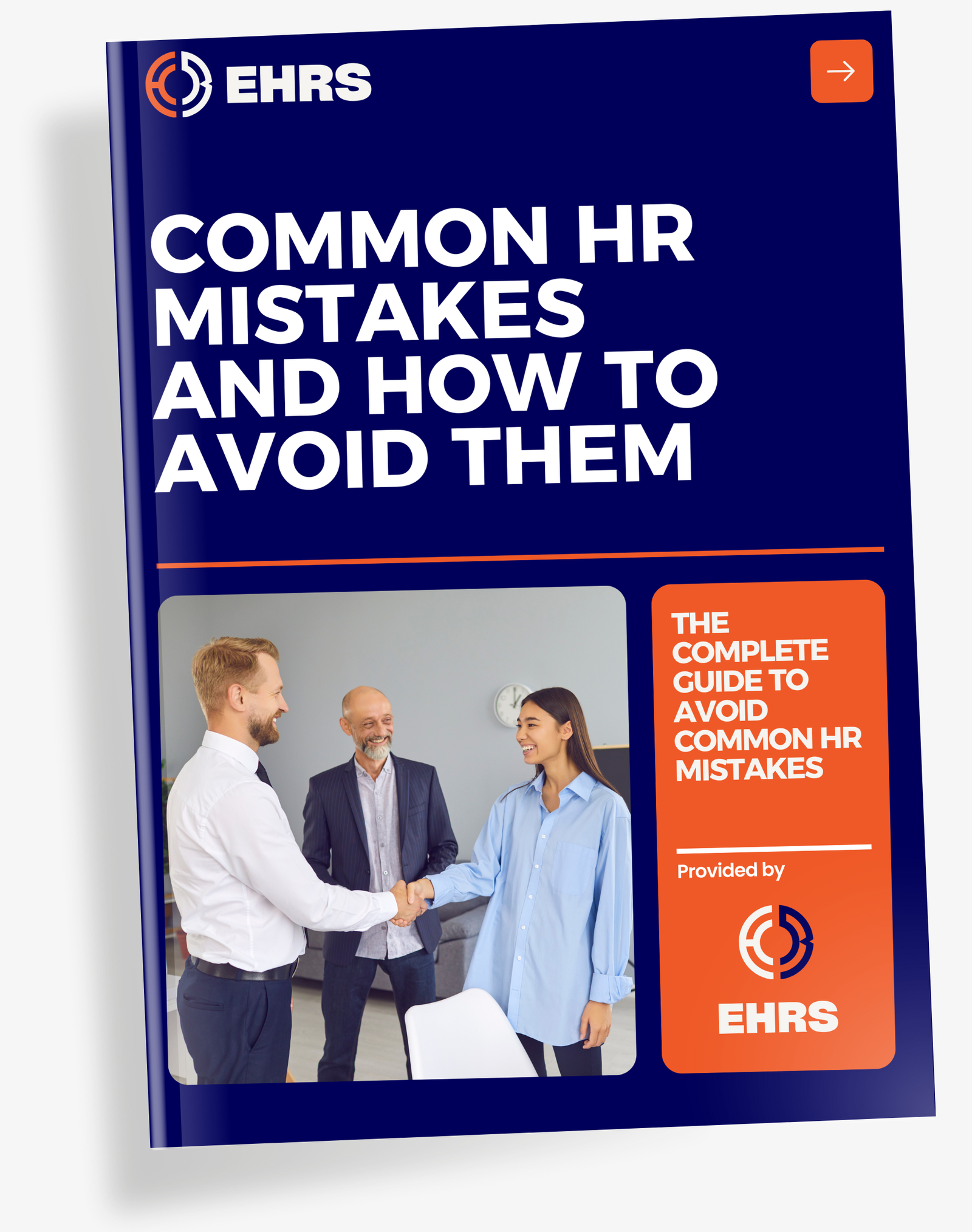Navigating statutory benefits regulations in European markets is critical for businesses operating across the continent. Europe’s complex and varied regulatory framework requires companies to stay informed about local labor laws to ensure compliance and foster a motivated workforce. This article provides an in-depth look at the statutory benefits in major European markets, offering valuable insights for HR professionals and business leaders.
1. United Kingdom (UK)
The UK, despite its exit from the European Union, retains well-defined statutory benefits aimed at safeguarding employees.
- Retirement Benefits: Employers are legally obligated to enroll eligible employees into a workplace pension scheme under the auto-enrollment program. The minimum contribution is shared between employers and employees.
- Healthcare: The National Health Service (NHS) provides universal healthcare; however, some employers opt to offer private health insurance as an added benefit to attract and retain top talent.
- Holiday Pay: Workers are entitled to 28 days of paid annual leave, including public holidays. This benefit ensures employees can recharge and maintain work-life balance.
- Maternity and Paternity Leave: Statutory Maternity Leave provides up to 52 weeks, with pay varying across different stages. Paternity leave offers up to two weeks, allowing fathers time to bond with their newborns.
- Sick Pay: Statutory Sick Pay (SSP) is available for up to 28 weeks, offering financial stability during periods of illness.
2. Germany
Germany is known for its robust labor laws, offering comprehensive benefits to employees.
- Retirement Benefits: Contributions to the statutory pension insurance scheme are mandatory for both employers and employees. This system provides financial security post-retirement based on lifetime earnings.
- Healthcare: Germany’s healthcare system mandates that employees and employers contribute to statutory health insurance. Employees can also opt for private health insurance, offering additional coverage options.
- Holiday Pay: Employees are entitled to at least 24 working days of paid leave annually, based on a six-day workweek. Many employers offer additional leave to enhance employee satisfaction.
- Maternity and Paternity Leave: Expectant mothers are entitled to six weeks of leave before and eight weeks after childbirth, with full wage compensation. While there is no statutory paternity leave, fathers can take parental leave.
- Sick Pay: Employers are required to pay an employee’s full salary for the first six weeks of illness. Beyond this, health insurance covers a portion of the salary.
3. France
France’s labor laws are among the most employee-centric in Europe, providing extensive statutory benefits.
- Retirement Benefits: The public pension system requires contributions from both employers and employees, ensuring a steady income after retirement.
- Healthcare: France’s universal healthcare system is funded by employer and employee contributions. Many employers also offer supplementary health insurance (mutuelle) to cover additional medical expenses.
- Holiday Pay: Employees are guaranteed a minimum of five weeks of paid annual leave, making France one of the most generous countries in terms of vacation time.
- Maternity and Paternity Leave: Mothers are entitled to 16 weeks of paid maternity leave, with benefits funded by social security. Fathers can take 11 days of paternity leave, or 18 days in the case of multiple births.
- Sick Pay: Social security provides daily allowances for sick leave after a waiting period, supplemented by employer contributions in many cases.
4. Italy
Italy offers a wide range of statutory benefits to ensure employee well-being.
- Retirement Benefits: The public pension system operates on a contribution-based model, with employers and employees jointly funding retirement benefits.
- Healthcare: Italy’s healthcare system is primarily tax-funded, ensuring access to medical services for all citizens and residents. Employers contribute through payroll taxes.
- Holiday Pay: Employees are entitled to a minimum of four weeks of paid annual leave. Additionally, many employers provide extra days off as part of collective bargaining agreements.
- Maternity and Paternity Leave: Mothers are entitled to five months of maternity leave, with benefits paid at 80% of their salary. Fathers are granted 10 days of mandatory paternity leave.
- Sick Pay: Employers cover the first three days of sick leave, after which the National Institute for Social Security (INPS) provides sickness benefits.
5. Spain
Spain provides a robust framework for employee benefits, ensuring workplace security and satisfaction.
- Retirement Benefits: Spain’s public pension system is financed by employer and employee contributions, guaranteeing income during retirement.
- Healthcare: Universal healthcare is provided through social security, with contributions split between employers and employees.
- Holiday Pay: Employees are entitled to 30 calendar days of paid annual leave, emphasizing the importance of work-life balance.
- Maternity and Paternity Leave: Mothers and fathers each receive 16 weeks of paid leave, with benefits funded by social security.
- Sick Pay: Employers are responsible for sick pay during the first 15 days, with social security taking over from the 16th day onwards.
6. Netherlands
The Netherlands offers a comprehensive set of statutory benefits that promote employee well-being.
- Retirement Benefits: The General Old Age Pensions Act (AOW) ensures a basic pension for all residents, supplemented by employer-sponsored pension plans.
- Healthcare: Health insurance is mandatory, with employers contributing to premiums alongside employees.
- Holiday Pay: Employees are entitled to at least four times their weekly working hours in paid annual leave, plus an 8% holiday allowance.
- Maternity and Paternity Leave: Maternity leave lasts a minimum of 16 weeks, with full salary paid up to a capped amount. Fathers are entitled to one week of paid leave, with an additional five weeks of unpaid leave available.
- Sick Pay: Employers must pay at least 70% of an employee’s salary during the first two years of illness, providing job security during recovery.
Navigating the Complexities of Benefits Regulations in European Markets
Complying with statutory benefits regulations in European markets requires thorough research and meticulous planning. Here are some strategies to ensure compliance and efficiency:
- Stay Updated on Regulations: Labor laws and statutory benefits can change frequently. Subscribe to legal updates and consult local experts to remain compliant.
- Leverage Technology: Use HR management software to automate benefits administration, ensuring accuracy and timely processing.
- Partner with Local Experts: Engage with HR consultants or professional employer organizations (PEOs) with expertise in European markets to navigate complexities efficiently.
- Standardize Processes Across Markets: While benefits vary by country, establishing a core framework with localized adjustments can streamline administration and enhance consistency.
Conclusion
Understanding and complying with statutory benefits regulations in European markets is vital for businesses seeking to attract and retain top talent while ensuring legal compliance. By familiarizing themselves with the unique requirements of each country, leveraging technology, and seeking expert guidance, employers can create a robust benefits framework that supports their workforce and drives organizational success.





